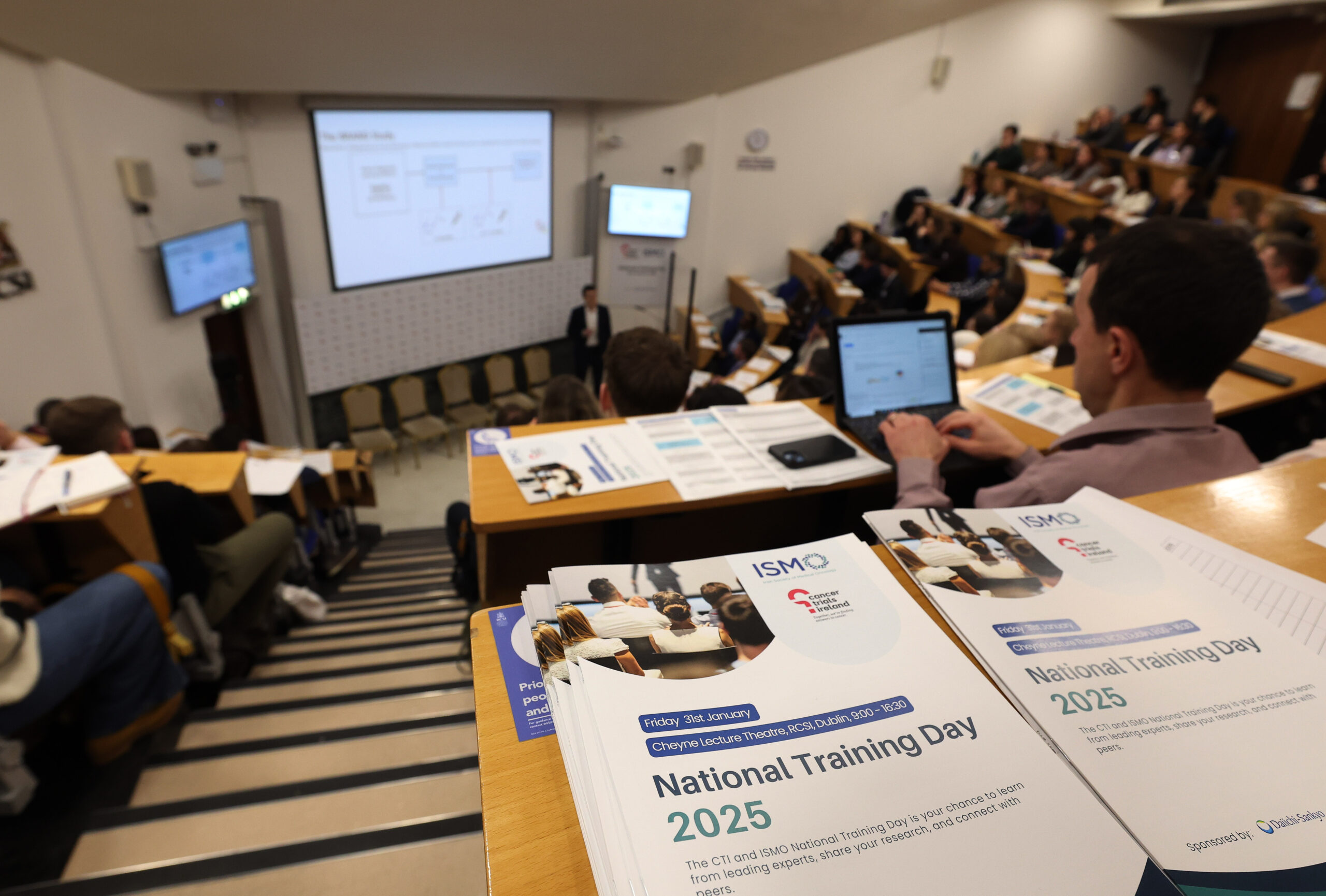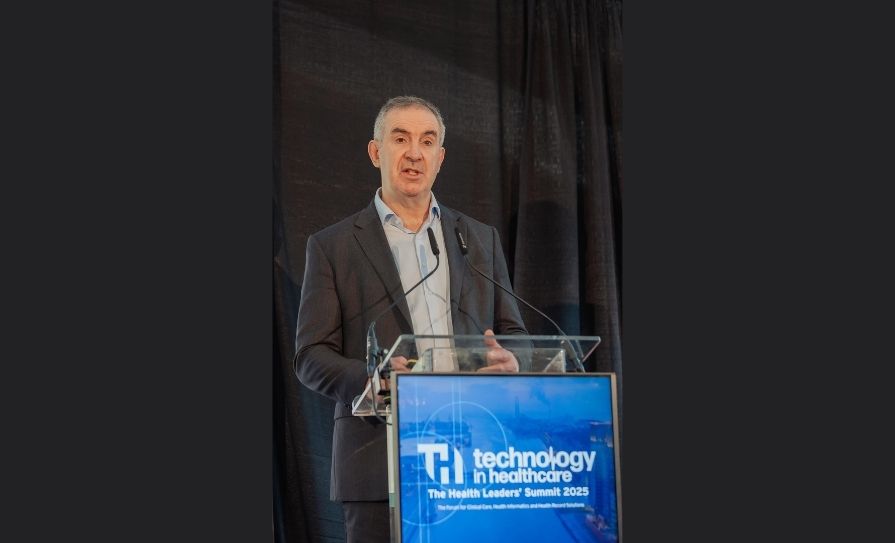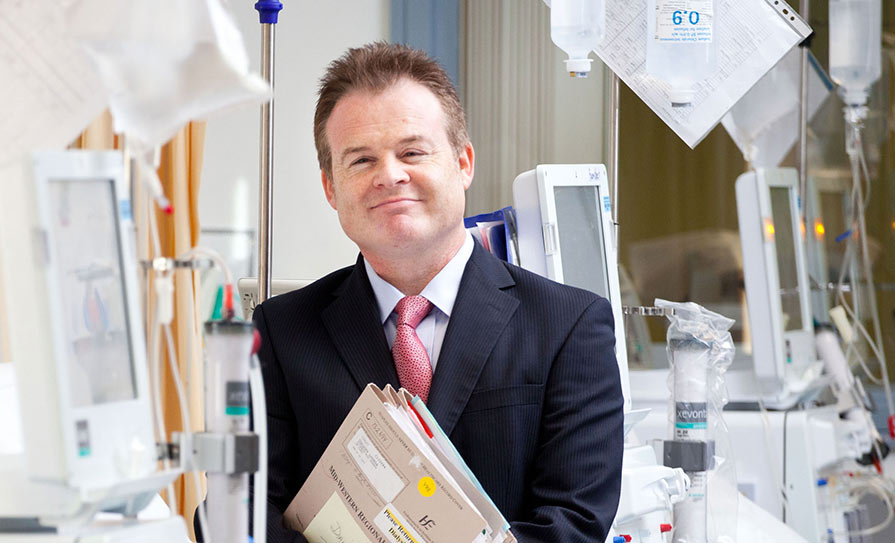The need for greater GP input into the development of national clinical guidelines was discussed at the Future Health Summit in the RDS last month.
Prof Tom O’Dowd, Professor of General Practice at Trinity College Dublin, spoke on the issue of general practice and long term illnesses, where he criticised the regular use of what he called the “token GP” who is involved in the formation of different national disease guidelines.

“There are loads of guidelines coming from the various colleges, with the ‘token GP’ tacked on to the guidelines committee,” Prof O’Dowd told the summit.
“And of course, they [the guidelines] are not geared to multiple illnesses, the sort of co-morbidity, multiple morbidity that we see in [general] practice.
“So the result is that the guidelines have driven over-investigation and over-referral because GPs are afraid that they would be criticised if they don’t refer patients.
“This does not mean being criticised by colleagues, it means being criticised in the courts.”
Asked to expand on this after his address, Prof O’Dowd was critical of the current development process of clinical guidelines.
“Yes there needs to be more GP input into this,” he told the Medical Independent.
“Single disease guidelines are inappropriate for general practice,” he added.
Prof O’Dowd pointed out that challenges arising from co-morbidity will become more important as general practice develops into the future.
“I think we have enough skilled GPs now that we [can] produce our own guidelines,” said Prof O’Dowd.
“I think they [guidelines] will have to be a lot less specialist-dominated.”
In his address to the conference, Prof O’Dowd also highlighted the growing influence of telemedicine in general practice, and the changing role of pharmacists and physiotherapists in primary care.












Leave a Reply
You must be logged in to post a comment.